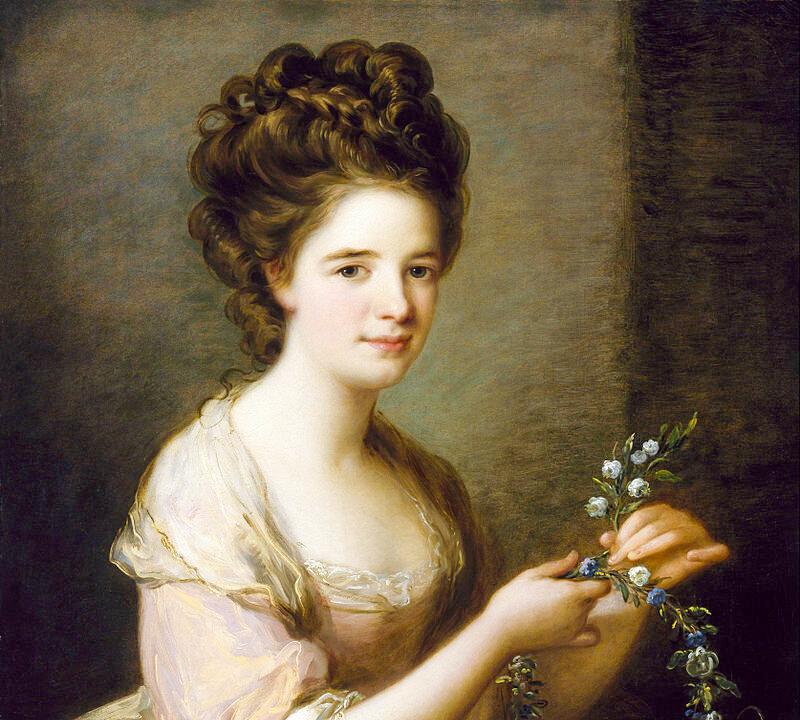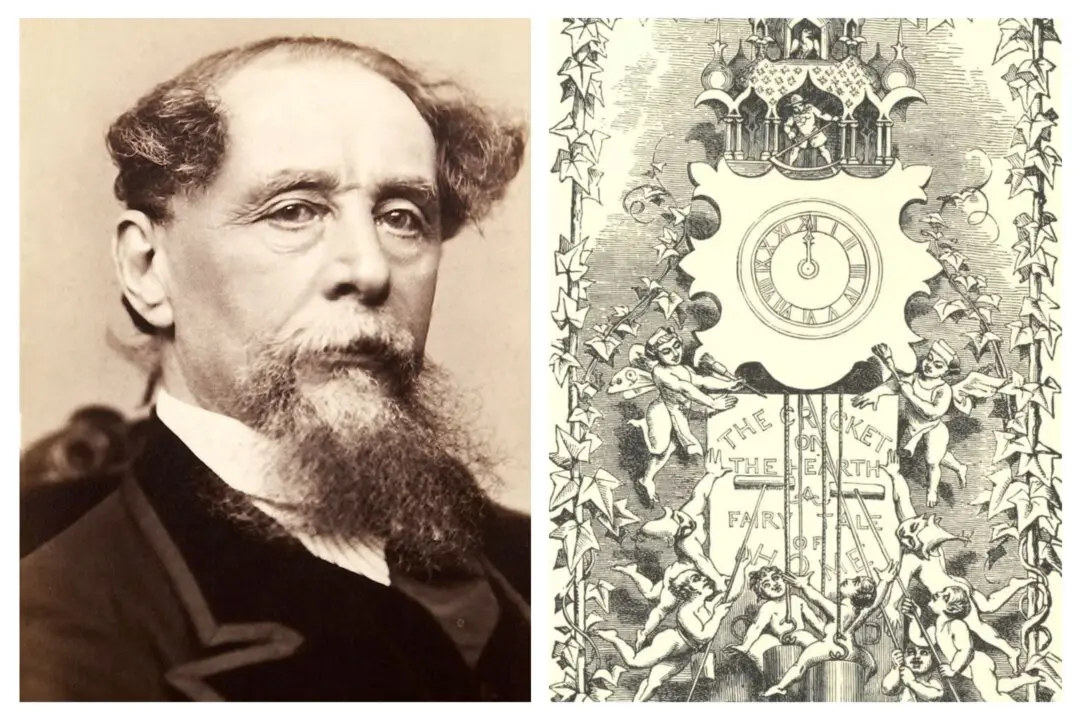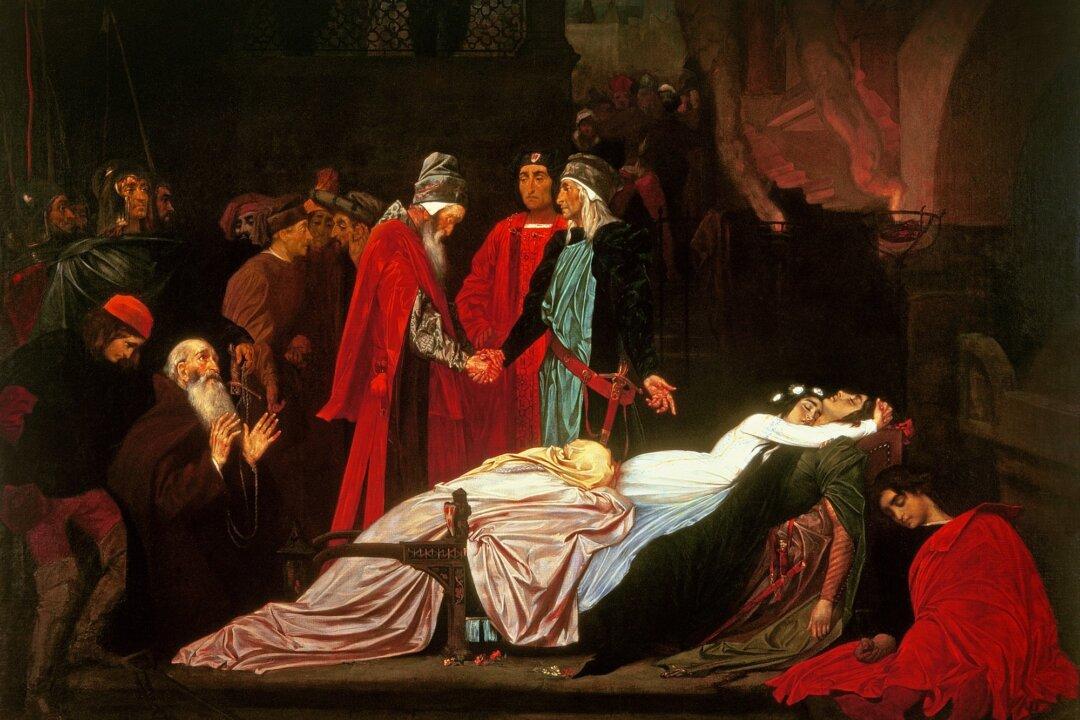Mine eye and heart are at a mortal war, How to divide the conquest of thy sight; Mine eye my heart thy picture’s sight would bar, My heart mine eye the freedom of that right. My heart doth plead that thou in him dost lie, A closet never pierced with crystal eyes, But the defendant doth that plea deny, And says in him thy fair appearance lies. To ’cide this title is impannelled A quest of thoughts, all tenants to the heart; And by their verdict is determined The clear eye’s moiety, and the dear heart’s part: As thus: mine eye’s due is thine outward part, And my heart’s right, thine inward love of heart.
The poem first tells us about human love: There is a rivalry between physical attraction on one hand and, on the other, love for the inner qualities and virtues of the beloved. Shakespeare then explains how the rivalry is resolved in such a way that both kinds of desire remain in balance.However, Shakespeare describes this rivalry and resolution within the individual in a way that also applies to groups of human beings and makes implicit claims about how hierarchies work.





